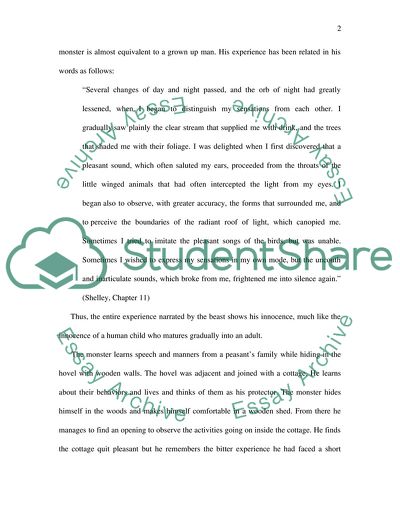Cite this document
(Frankenstein the Human Aspect of the Monster Book Report/Review, n.d.)
Frankenstein the Human Aspect of the Monster Book Report/Review. https://studentshare.org/literature/1712784-frankenstein
Frankenstein the Human Aspect of the Monster Book Report/Review. https://studentshare.org/literature/1712784-frankenstein
(Frankenstein the Human Aspect of the Monster Book Report/Review)
Frankenstein the Human Aspect of the Monster Book Report/Review. https://studentshare.org/literature/1712784-frankenstein.
Frankenstein the Human Aspect of the Monster Book Report/Review. https://studentshare.org/literature/1712784-frankenstein.
“Frankenstein the Human Aspect of the Monster Book Report/Review”. https://studentshare.org/literature/1712784-frankenstein.


